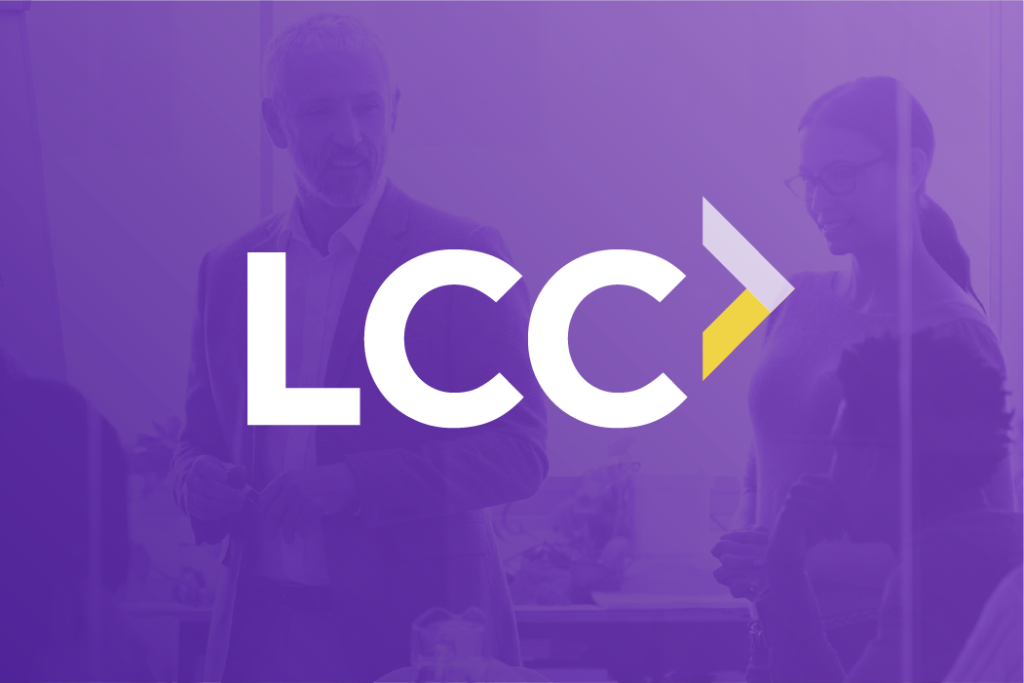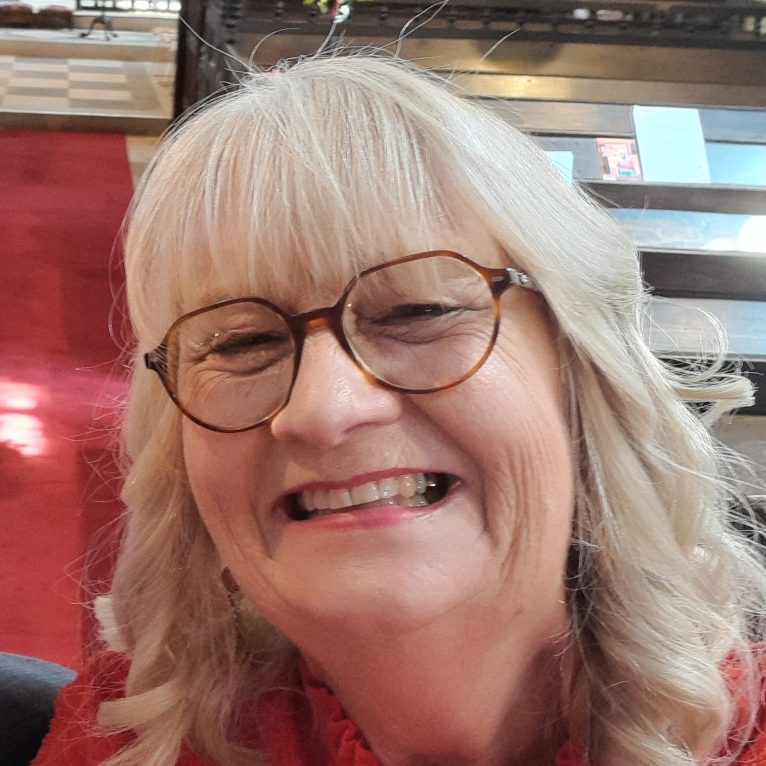
Share article:
From Conflict to Collaboration
Helen Symmons, PSLCC, Local Council Consultancy (LCC) Associate, Locum and Internal Auditor, examines how councils can break free from conflict and foster a culture of collaboration, professionalism, and respect.
‘When a council’s culture turns toxic, it doesn’t just impact meetings – it erodes trust, damages reputations, and stifles progress.’
Creating a positive council culture isn’t just a ‘nice-to-have’; it’s essential for effective governance, professional relationships, and public confidence. I was therefore delighted to work on a recent assignment for LCC – providing a bespoke training session for a council grappling with internal tensions, communication breakdowns, and low morale. The goal? To equip members and officers with the tools to foster a healthier, more constructive environment.
Why council culture matters
A dysfunctional council culture can manifest in many ways: persistent conflict, lack of engagement, personal attacks, or an ‘us vs. them’ mentality. This environment can make councils unproductive, discourage positive community engagement, and even lead to legal or reputational consequences.
On the other hand, a positive culture fosters respect, professionalism, and effective decision-making. Councils that invest in cultural change see improved teamwork, reduced tensions, and better outcomes for their communities.
Key themes from the training
1. Leadership and accountability
Culture starts at the top. Councillors and clerks set the tone through their behaviour and decisions. Encouraging self-awareness, personal responsibility, and a commitment to ethical conduct can shift even the most challenging dynamics.
2. Effective communication
Miscommunication is at the heart of many council disputes. The training emphasised active listening, managing disagreements with professionalism, and fostering an open but respectful dialogue. Simple changes – such as structured discussions and abiding by clear meeting protocols – can prevent minor misunderstandings from escalating.
3. Respect and inclusion
A truly positive council culture values every member’s input. Creating a space where diverse perspectives are respected prevents cliques, bullying, or dismissive attitudes from taking root. This also builds public trust, as residents see their representatives working together rather than engaging in power struggles.
4. Governance and professionalism
Beyond interpersonal dynamics, good governance practices – such as adhering to codes of conduct, setting clear expectations, and resolving conflicts fairly – are fundamental. The training explored strategies for handling difficult behaviour while maintaining professionalism – as well as highlighting and recognising the difference between challenging but acceptable behaviour and that of a toxic nature.
Turning lessons into action
At the end of the session, councillors and officers left with a clear roadmap for change. They committed to small practical changes for the council and themselves as individuals. These changes won’t happen overnight, but by prioritising culture, councils can foster a more productive and professional environment and truly embrace the concepts of the civility and respect pledges they make.
Final thoughts
A positive council culture isn’t just about avoiding conflict – it’s about creating a foundation for collaboration, trust, and effective governance. The decision of this council to embrace some training and for all to be involved was a great first step on getting them back on track and wanting to serve their community in the way all councils in our sector should.
Get in touch if you would like to find out more about this training.






